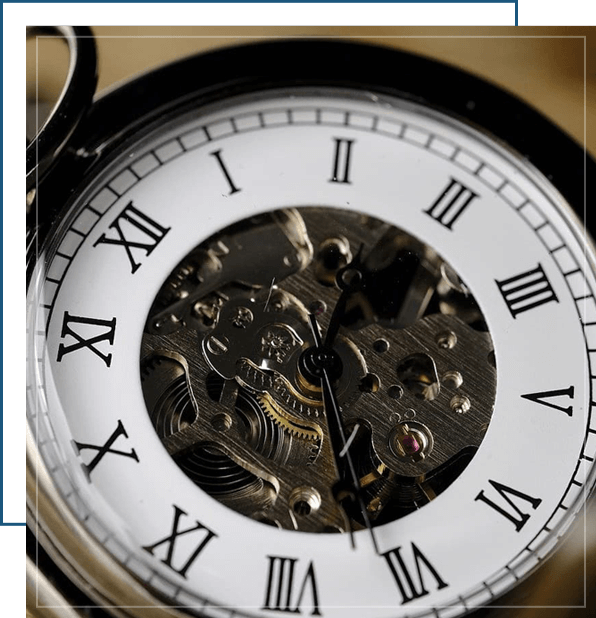
When you are convicted of a felony, you lose your civil rights to vote, to hold public office, to serve as a juror, and to possess a gun. For a first-time felony conviction, your civil rights are automatically restored—except for your right to possess a gun—if you:
If you have been convicted of two or more felonies, then you have to apply to the court to have your civil rights restored under Rule 30.2 of the Arizona Rules of Criminal Procedure.
To restore your gun rights, you must always file an application under Rule 30.2 of the Arizona Rules of Criminal Procedure. You have to wait until 2 years after you are discharged from probation or prison before you can apply to restore your gun rights. If you were convicted of a serious offense as defined in A.R.S. § 13-706, then you have to wait until 10 years after you are discharged from probation or prison before you can apply. If you were convicted of a dangerous offense, then you cannot restore your gun rights. Often, a conviction for a serious offense is also a dangerous offense, which means you cannot restore your gun rights even after 10 years
In criminal appeals where you file your post conviction relief petition or your direct appeal depends on where you were convicted. City courts, justice courts, and superior courts are trial courts. The appellate courts in Arizona are the Arizona Court of Appeals and the Arizona Supreme Court. But superior courts act as appellate courts for appeals from city courts and justice courts.
When evaluating cases for criminal appeals, it is important to understand the different court levels in Arizona:
1. City Courts and Justice Courts
2. Superior Court
3. Arizona Court of Appeals.
4. Arizona Supreme Court
